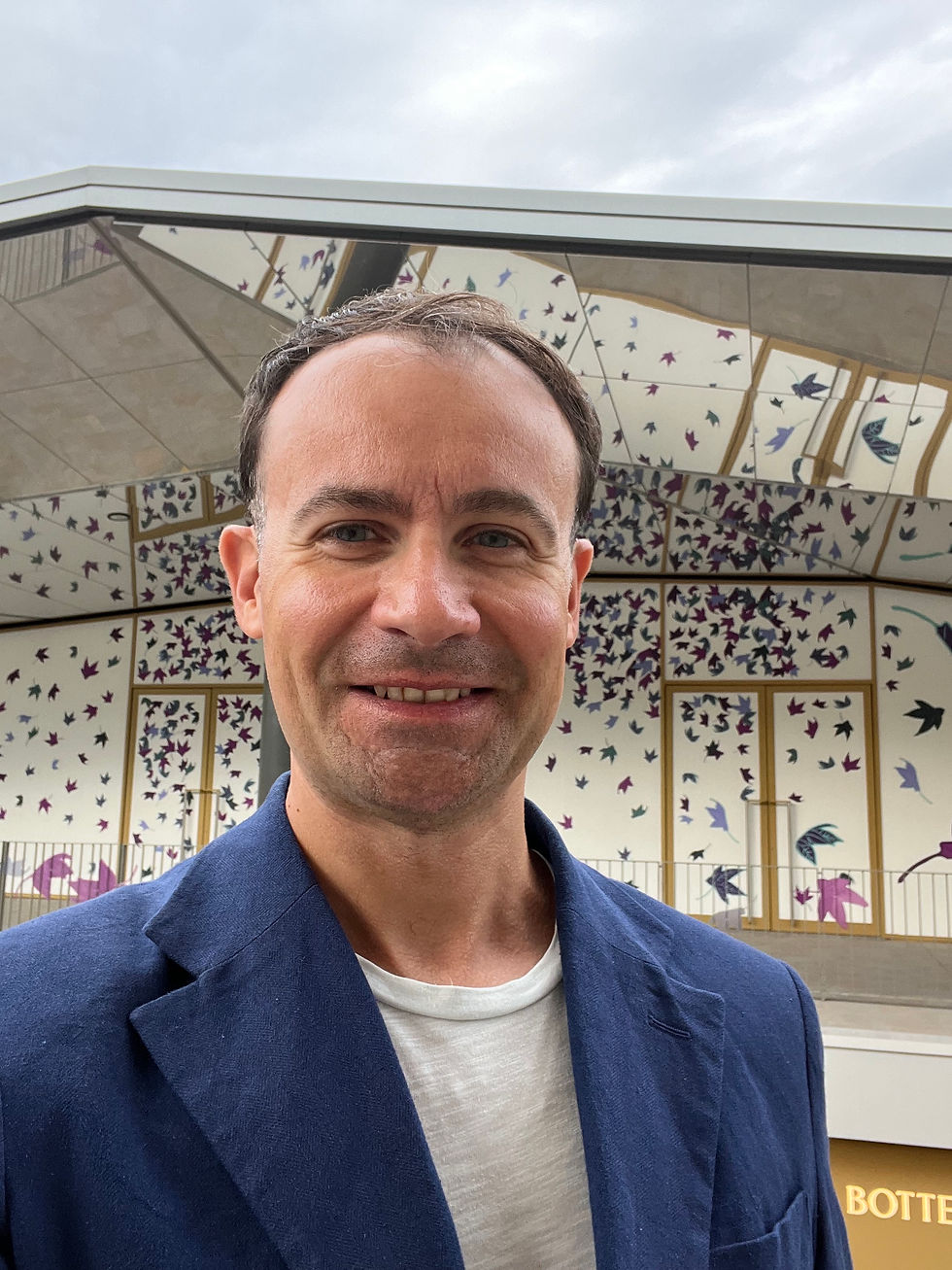The European Week for Waste Reduction focuses on sustainable textiles in Monaco.
- M Abti
- Nov 19, 2022
- 3 min read
The European Week for Waste Reduction (EWWR) is back from the 19th until the 27th November 2022 and the Principality of Monaco is joining the chorus with a targeted used underwear collection promoted by Monaco Environment Directorate that will held from the 21st until the 26th November 2022. In fact, the proposed theme for this year’s edition is “Circular and Sustainable Textiles” under the slogan “Waste is old-fashioned!”
Garments must be delivered clean in special containers located in Fontvieille Shopping Centre.

The textile recycling market is gradually in view of the increase in eco-responsibility and social awareness. Recycled cotton, recycled wool, recycled polyester, recycled nylon and other fibres are mostly found in municipal waste as part of discarded materials. Their recycling helps reducing the impact from the production of virgin fabric, in terms of pollution, water and energy consumption. According to recent statistics (Global Fashion Agenda) an estimated 92 million tonnes of textile waste is produced each year and this percentage is likely to increase up to 134 million tonnes by 2030, if the supply chain continues 'business as usual'. The situation is already unsustainable since some parts of the world are literally submerged in used clothing or not sold putting local ecosystems and human health at risk. The 2019 UN report indicated the globalised textile industry as 'responsible for 20% of total water waste on a global level'.
One of the driest land in the world, the Atacama desert (Chile) is in great danger being of the major victim of consumerism in the clothing industry. Chile, in fact, was converted in the global hub for second-hand and unsold clothing, typically 'made in China' or 'made in Bangladesh', after traveling across Europe, Asia and United States. Every year, about 59,000 tonnes of textile material concentrate in one spot. The 'product' is partly replaced on the market but a considerable number of clothes is transformed into an illegal open dump. The effects on the natural environment are considerable given the fact that most of them are not biodegradable and still contain chemicals.

Some solutions have been recently offered on the basis of local or personal initiatives. Some companies and start-ups are giving second-hand garments a new life by converting them into insulation panels or designing new clothing. Some others are creating recycled yarn to make new garments. Something seems then to be changing considering that some of the most popular fashion-industry multinationals are willing to use recycled yarn. Anyway, there is still a lot to be done since there is always the risk everything collapses over the disproportionate question of earning money. This is why it is essential to maintain high public attention.
Therefore, this years' main mission of Monaco Direction de l’Environnement aims at giving voice to this major problem by raising awareness of the environmental impact caused by the production and distribution processes of the textile industry as well as the phenomenon of «Fast Fashion» and the incineration of fabrics.
The container is located at the entrance of the shopping gallery until November the 25th. On November the 26th, it will be moved to the Promenade Honoré II (opposite the Maison des Associations – Casa d'i Soci), on the occasion of the sustainable textile day.

>> To know more please contact : environnement@gouv.mc / +377 98 98 83 41
_______________________________________
Discover MONACŒCOART® for Business:

By Maurice Abbati

































































Always very interesting to read this journalist's articles!